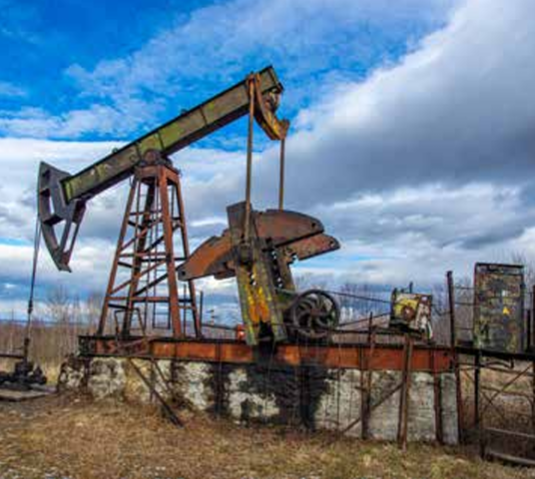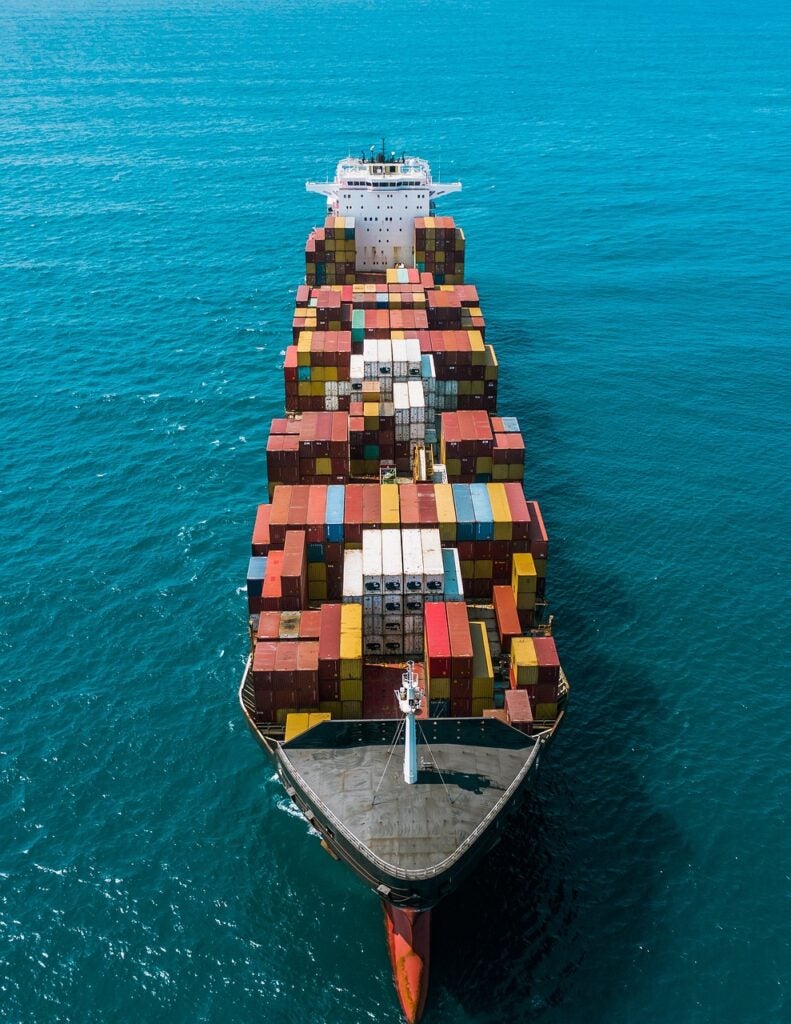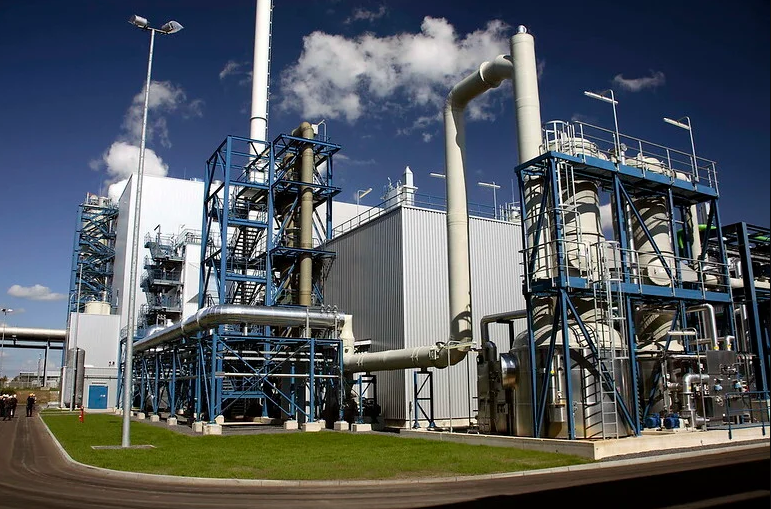By Colin Leyden and Adam Peltz
- A bill aimed at Texas’ 115,000 inactive oil and gas wells has passed both legislative chambers and will help address one of the state’s most critical, yet hidden, challenges.
- A bill heading to Gov. Abbott’s desk challenges the status quo in Texas, making sure the oil and gas industry starts cleaning up its old, leaky, non-producing wells.
Texas’ oil and gas industry has long been among the national leaders in production, but with that leadership comes the responsibility to safely and responsibly plug unproductive legacy assets. This is particularly true when it comes to the over 100,000 inactive oil and gas wells scattered across the Lone Star State. The recent passage by both legislative chambers of Senate Bill 1150 represents a modest but meaningful step toward making sure the oil and gas industry cleans up its mess and addresses one of our state’s most pressing environmental and fiscal challenges. The bill is now headed to Gov. Abbott for signature.














